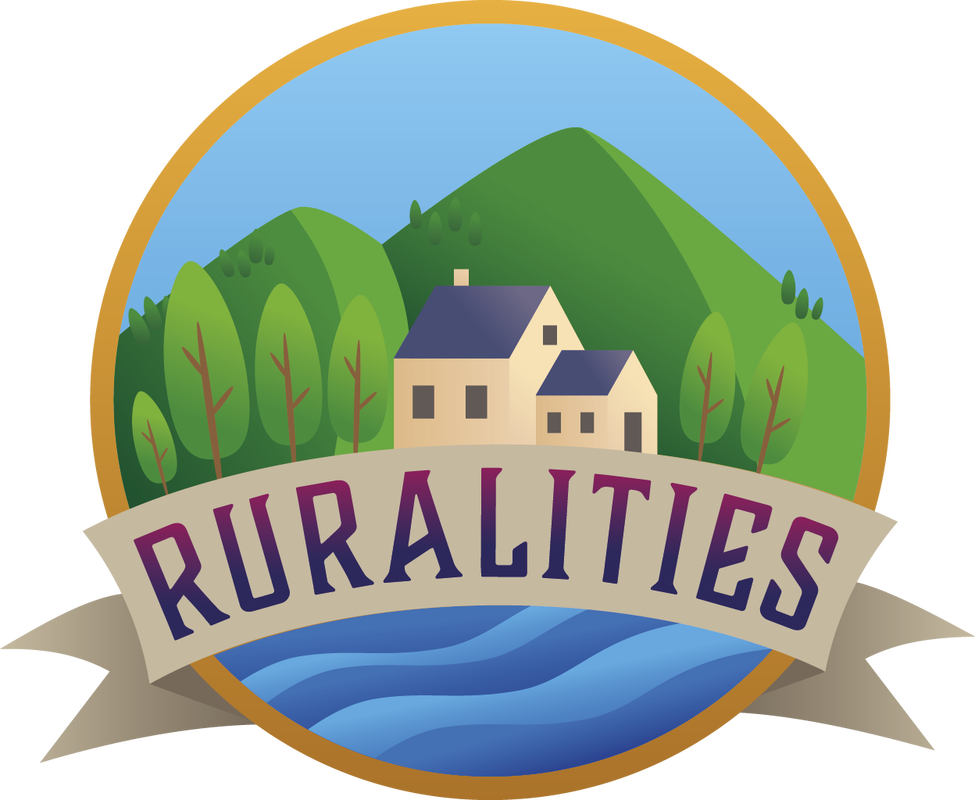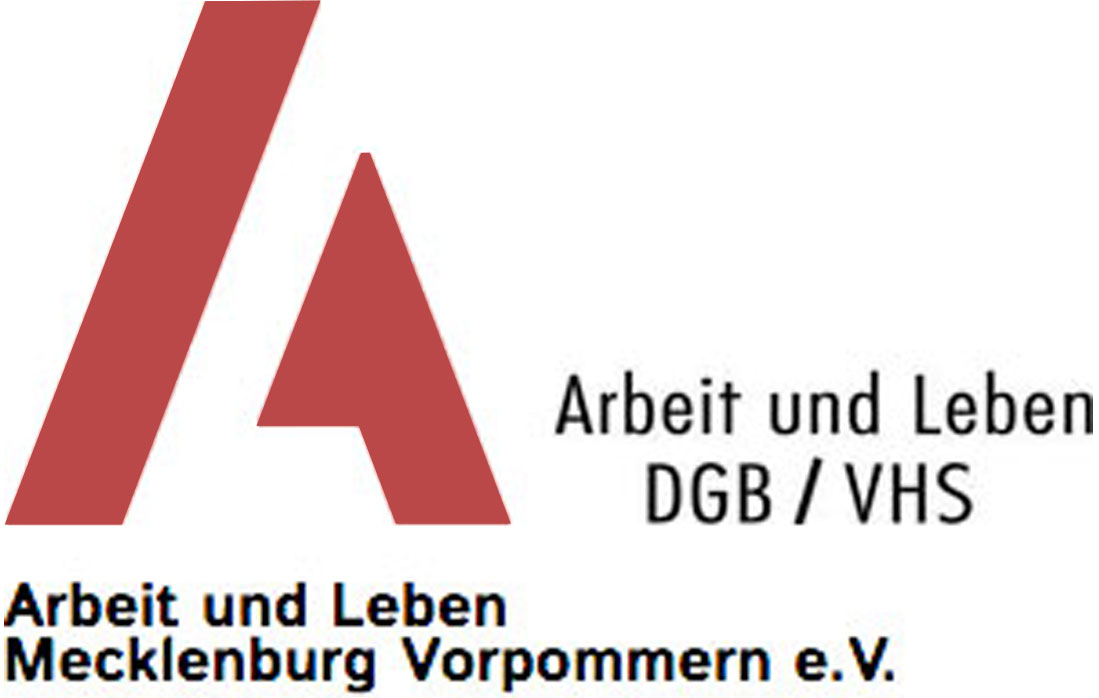- Ruralities project?s main objective is to empower citizens of rural and remote areas to become real actors for the improvement of the social and physical living conditions in their localities. Our specific goal is to create a game based learning tool for being used in local trainings on participatory processes, in the frame of non-formal education.
- The target groups of Ruralities are:
Trainers, educators and experts working with disadvantaged learners in rural areas.
Citizens living in rural and remote areas
Activists and facilitators working in local NGOs, supporting local citizens
Representatives of local authorities and stakeholders willing to strengthen their collaboration with citizens (development agent, local representatives, decision makers, etc.)
Students and school kids in the frame of formal civic education, university students specialised in urban planning or other relevant topics
-
Ruralities will be implemented by a newly established Consortium constituted by 6 organisations all of them being experienced in participatory processes and adult education. Most of them had already worked together in other educational projects. Ruralities will be coordinated by the Lead partner, Ipso Facto, a task that will be shared with one of the German partners CRN. CRN will bring its experiences from the recently finalized Eurbanities project, inspiring Ruralities.
- The main results of the project:
1.The Ruralities teaching method on citizen participation to be constituted by a board game and a curriculum embedding the game.
2. A strong and sustainable community of organizations who are engaged to continue to use the learning method in their everyday activities and improve it even beyond the project cycle.
3. The Ruralities online platform to be created on the basis of the project website, serving as an online support for the Ruralities method.
4. A set of Policy recommendations co-created by the project partners for local and European policy makers for a better implementation of participatory processes in remote and rural areas.
5. A Sustainability Plan including and Action Plan for the long term use of the method.
-
The project implementation will be based on the critical design thinking method, an approach aiming at the critical and unbiased analysis of a given situation following the stages of design: observation/interaction, empathy, problem formulation, solution deduction, testing, alteration, and reiteration. The main activities of the project will be organised into work packages and will cut the project into different phases, as follows:
-
1.Collection of knowledge through the testing of two participatory methods, Eurbanities and Spirale, as well as through good practice analysis and needs assessment.
2. Co-creation of the main needs for the game based learning tool in the frame of local Hackathons and during a co-creation event in the frame of the 3rd transnational meeting.
3. Based on the results of these processes, the game and the curriculum will be developed following the method of prototyping. Prototyping will be realised in three phases, but two Transnational Training Labs dedicated at the testing and reiteration of the prototypes of the game and the curriculum. The final version of the products will be prepared by Spring 2022, and will be presented at the local Multiplier Events in June 2022.
-
The activities will be centered around 8 transnational meetings including the kick-off and a Final meeting and three Transnational Trainings destined to learning and co-creation activities. The project management will be implemented by the Lead partner Ipso Facto supported by CRN, in close interaction with the entire partnership: each partner will be assigned to the co-coordination of diverse work packages. The overall decisions and conflict management will be realised by the project Steering Committee with the contribution of the Board of External Experts.
-
Project dissemination will be a global task of all partners, to be managed in the frame of a district work package. Ruralities method is foreseen to be used and improved far beyond the project cycle, based on the Project Sustainability Plan. Its sustainability will be based on the use of the Ruralities platform, the dissemaination of the tools even beyond the project cycle, and the relative flexibility of the tools to be used in different types of training activities.
Results:
-








